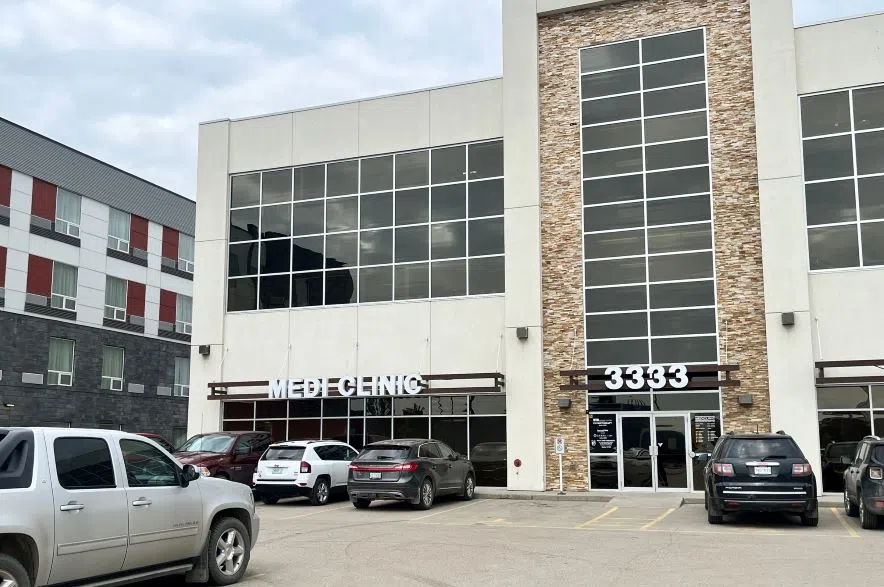The College of Physicians and Surgeons of Saskatchewan has charged a Saskatoon doctor with unprofessional conduct after he allegedly told a patient not to get an abortion for religious reasons.
According to documents on the College’s website, on or around Dec. 14, 2023, Dr. Terence Davids with Bridge City Mediclinic on Eighth Street saw a woman in relation to a preoperative assessment for an abortion.
The document states that during the interaction, he not only allegedly advised her not to get the abortion, but also said, “I hope you have loved ones in heaven who will take care of your baby in heaven,” and, “Do you believe in our Lord and Saviour?”
When the patient responded with the word “No,” he allegedly told her, “Well, you must believe in something.”
The discipline document says the comments to the patient left her “uncomfortable and anxious.”
650 CKOM has requested a response from Dr. Davids.
The College’s Conscientious Objection policy states that doctors must provide their patients with “full and balanced health information required to make legally valid, informed choices about medical treatment.”
It also states that: “Physicians must not promote their own moral or religious beliefs when interacting with a patient.”
However, the policy also says doctors can decline to provide services if the services violate their freedom of conscience, but they have to make arrangements for the patient to get treatment or access to treatment or services.
CPS lawyer Bryan Salte said patients are also entitled to respect and to have their own beliefs.
“The reason that patients generally go to physicians is not to obtain instruction on religion or to potentially be given religious principles that are contrary to what they may believe or not believe,” he said.
When a doctor faces a disciplinary hearing, Salte said one of three things generally occurs: The doctor can plead guilty to the charge(s), in which case the case goes to a penalty hearing.
“The second is for the physician not to admit the charge, in which case it goes to a hearing that looks very much like a trial in criminal court that will make a determination that the charge has been proved, or it hasn’t been,” he said.
In some cases, there can also be an agreement between the college and the doctor that the doctor will address the concerns that led to the charges.
“That can involve the physician taking courses, agreeing to restrict their practice or some similar outcome like that,” he added.
No date for the hearing has been set.











